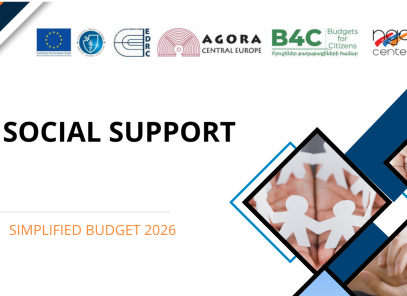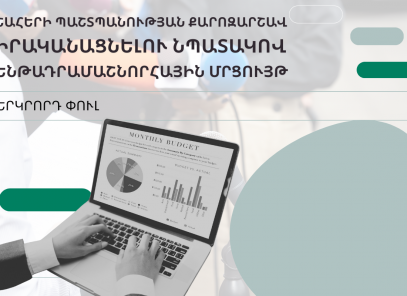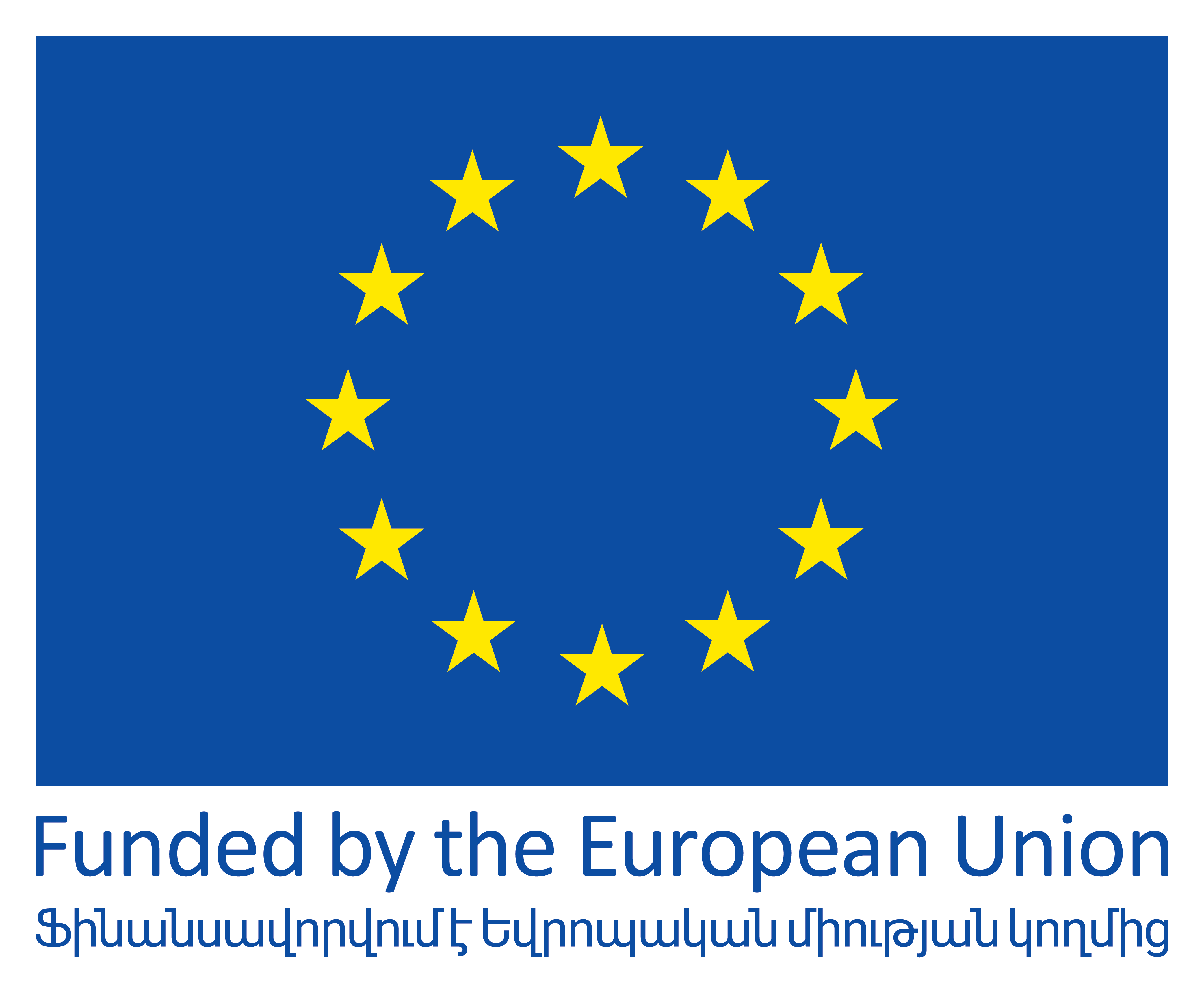Monitoring is an ongoing process, which, by systematic collection of data on specific indicators, provides the project managers and stakeholders with information on the progress of project implementation and the achievement of results, as well as the extent to which the resources are used.
The main tool for monitoring budget programs is the system of key performance indicators of the program.
The Civil Society uses various tools and methods to monitor budget programs. The most common of these tools are listed below.
Social audit, in turn, examines how budget programs are implemented, and is aimed at improving the latter and bringing them into line with the objectives of social and environmental policies.
A key tool for improving a budget program or public service is the systematic evaluation of feedback from beneficiaries and users.
It is intended to help users understand and evaluate the strengths, weaknesses, successes and failures of a project or public service.
Social audit is a means to increase public participation, strengthen relationships with the government and service providers, improve transparency and public accountability, as well as enhance accountability for all users.
Social auditing can take many forms and cover a wide range of actors and practices. However, most often they begin as civil society initiatives and sometimes evolve into collaborative and institutional efforts.
Social audit is a versatile tool and scope of its coverage can be adapted to the available resources. These can vary from comprehensive national-level analyses to local community audits.
The approaches, methods and tools for conducting social audit are also broad. Such tools include scorecards, evaluations of service delivery, etc.
Most of the social audit initiatives are organized in response to poor and/or inadequate provision of social services at the local level.
Social audits can help to increase public awareness and knowledge on budgetary issues. They also empower citizens through allowing them to provide feedback, collect evidence, interpret findings and develop solutions.
This tool can also help to increase transparency by creating demand for information.
Policymakers can also benefit from the implementation of the social audits by gaining information about the citizens’ concerns and improving their understanding of various issues.
Sometimes social audits are institutionalized and regular monitoring is being conducted in government agencies, thus contributing to enhancing the credibility and role of the state actors.







